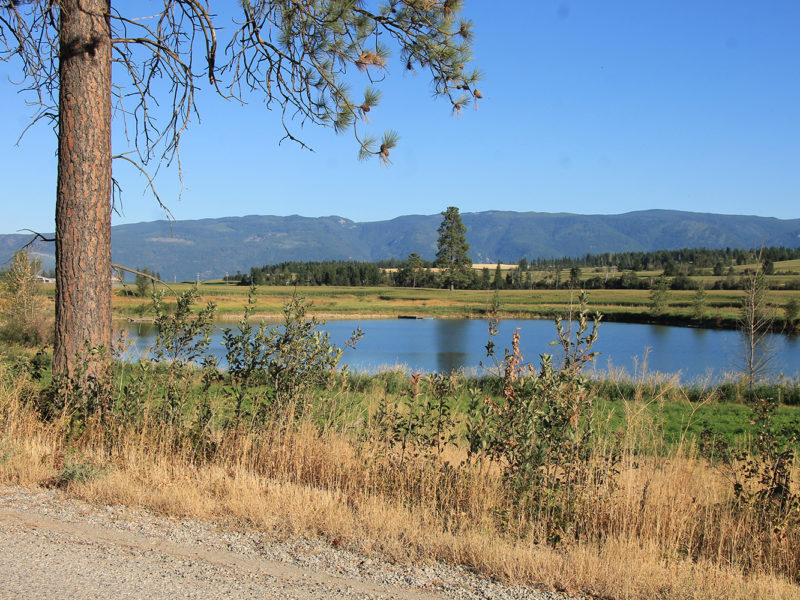The province is asking for input on a new watershed security strategy that “will identify a role for all British Columbians in taking care of our watersheds within a broad provincial framework.”
A discussion paper published January 25 makes scant reference to agriculture, but the ramifications for the sector are significant.
The proposed strategy would integrate water management into land use planning, noting that it’s currently missing from the management of the Agricultural Land Reserve. “The use of these lands should be addressed through watershed governance arrangements,” it says. “Unsustainable land use practices can have serious impacts on the health of watersheds.”
Reconciliation with Indigenous communities, including the incorporation of Indigenous knowledge in water management, is also a goal of the proposed strategy.
The paper notes that the consultation parallels ongoing work in the Hullcar Valley to address nitrates in local drinking water. The issue was among the first the new BC NDP environment minister tackled after taking office in 2017.
The discussion paper echoes a “watershed security agenda for BC” that POLIS Project on Ecological Governance, an environmental group based in Victoria, issued following the 2020 provincial election. The document set a precedent for the current discussion paper.
POLIS previously prepared a report on the province’s handling of aquifer contamination in the Hullcar Valley in 2017 at the request of the province’s new NDP government. POLIS co-director Oliver Brandes, a technical advisor to the province regarding the ongoing development and implementation of the Water Sustainability Act, led the review.
POLIS is encouraging its supporters to provide feedback, calling out forests, urban areas, and farmlands for particular attention.
“In farmed areas, we need an ecological approach to soil management, carbon storage and manure pollution,” it says.
BC Agriculture Council board members will be discussing the province’s watershed strategy this week with a view to providing an official response.
The discussion paper is available and open for comment until March 18 at [https://engage.gov.bc.ca/watershedsecurity/].


 LSAF Grants and Scholarships
LSAF Grants and Scholarships